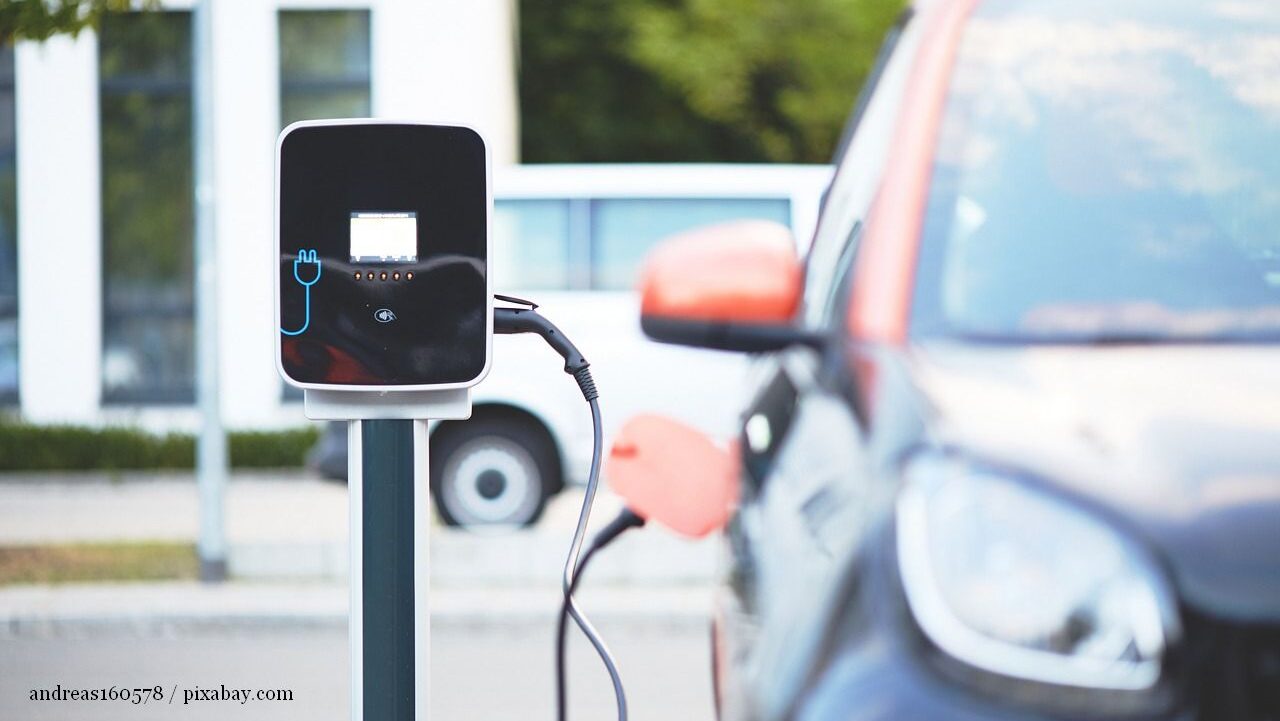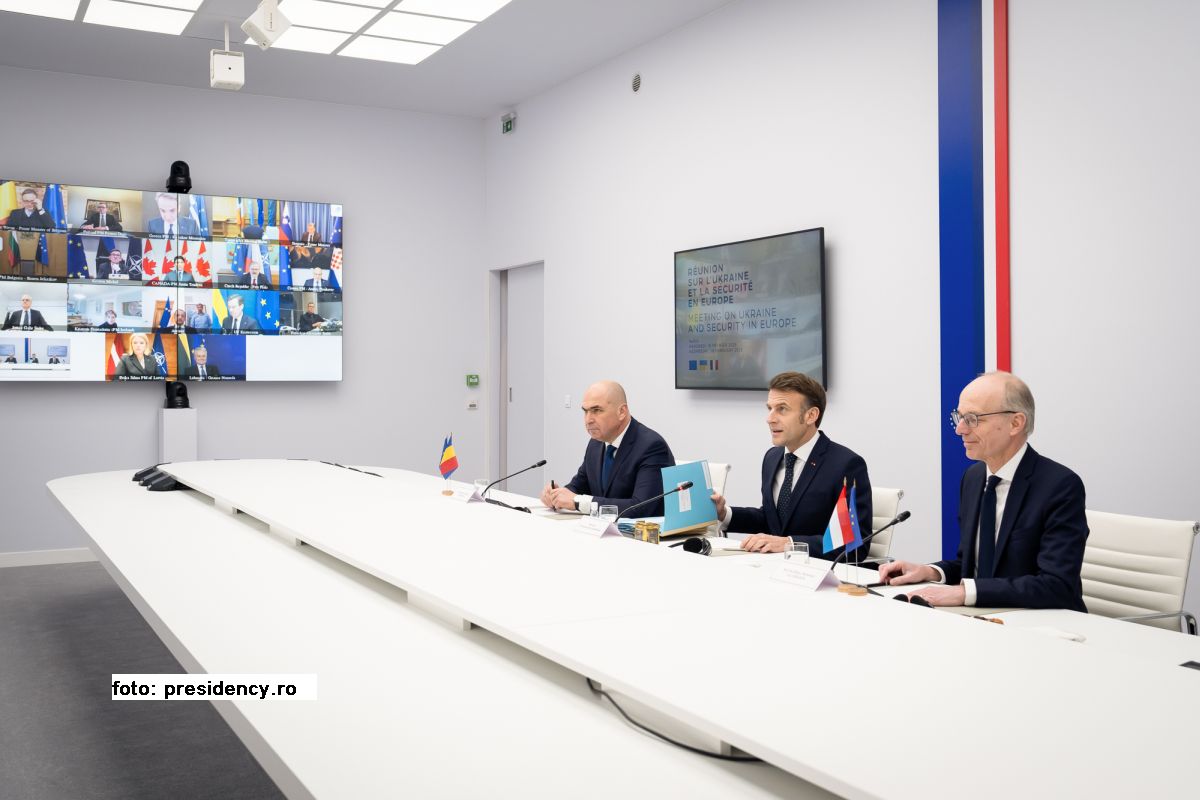In the run up to local elections
2016 is an election year in Romania, with local elections scheduled for early summer, and legislative elections to be held in autumn.

Bogdan Matei, 20.01.2016, 13:42
2016 is an election year in Romania, with local election scheduled for early summer, and legislative elections to be held in autumn. The locals are the weak point of the current election law, which stipulates that mayors will be elected in just one round of voting. The one that gets the biggest number of votes, no matter what that means in percentages or turnout, becomes mayor. And this, against citizens growing lack of trust in the political class, with a rate of absenteeism very likely to stand high, makes possible the election of candidates voted, for instance, by one fifth of the 13% of citizens casting their votes. It is not the happiest of solutions for a local administration that has practically been half sized by the anti-corruption prosecutors. Many mayors have been arrested for bribe taking, influence peddling or malfeasance in office.
Coming back to the two-round system of voting, functional since 1992, when the first local elections in post-Communist Romania were held, was one of the main civil society claims voiced during the anti-corruption protest meetings held in autumn, and which in turn led to the fall of the three-party Government headed by the Social Democrat Victor Ponta. Also, the same claim, the media says, could be found in the first draft-governing program of the then Prime Minster Designate, Dacian Ciolos. Subsequently, though, it was removed in order to observe the ruling of the Constitutional Court, according to which elections laws cannot be amended a year before the elections proper. It is not normal, the Prime Minister says, for a technocratic government to amend under emergency ordinance a law that has already been adopted by Parliament.
Dacian Ciolos: “The cabinet Im heading is an independent government, with no political affiliations, and I dont believe its democratic for a government to amend a political law under an emergency ordinance.”
The Liberals, who have called for the modification of the electoral legislation, have voiced their disappointment with the PMs response. The co-president of the National Liberal Party, Alina Gorghiu, is convinced that he did not want to be accused of political bias, after the Liberals consistently supported the policies promoted by the Government wanted by their former leader, the current president of the country, Klaus Iohannis.
Alina Gorghiu: “I would have expected the Prime Minister of Romania and the Government to change the legislation, in the sense of ensuring the representativity of the elected. I would have expected a different stand on the Prime Ministers part, all the more so as in that governing program the provision regarding the election of mayors in two rounds was extremely important.”
The Social Democrats, however, through their representative, MP Florin Iordache, have voiced their satisfaction with the fact that the current provisions of the election law will not be changed, and therefore the Social Democratic Party will be the favourite in the local elections. The party has the largest number of acting mayors, especially in small towns and communes and, thanks to the one-round voting, they stand high changes of winning a new term.






























